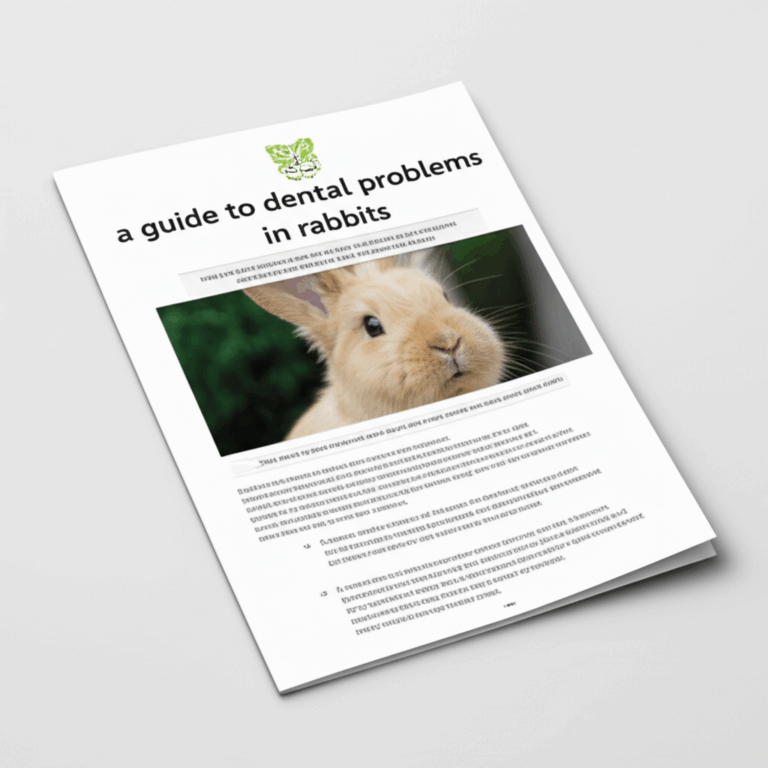
How Common Is Dental Implant Failure? An In-Depth Look
Are you scared your dental implant might not work? You’re not the only one! Dental implants are a great way to get your smile back, but like anything, sometimes it doesn’t go as planned. In this article, we’ll talk about how often dental implants really don’t work, what makes them fail, and easy things you can do to keep your new tooth strong and bright. Let’s jump in so you can make the best choice for your teeth!
Table of Contents
What Are Dental Implants?
Dental implants are like super-strong roots for new teeth. If you lose a tooth, a dentist or oral surgeon can put a tiny metal post made from titanium or zirconia into your jawbone. This post acts like the old tooth root. Your dentist puts a new crown or bridge on top that looks and works just like a real tooth. Dental implants are strong, safe, and can last a long time if you take care of them.
Lots of people choose dental implants instead of things like removable dentures. Why? Because they feel almost normal, can help keep your jawbone from shrinking, and let you eat, talk, and smile like you did before. At a special implant dental laboratory, experts build these little wonders just for you.
How Successful Are Dental Implants?
You might be thinking, “Do dental implants usually work out?” Good news – dental implants work really well for most people.
Based on studies:
- For the first 10 years, dental implants work about 95% to 98% of the time.
- Many last 15 years or longer. Some last your whole life.
Here’s a simple chart:
| Years After Implants | Success Rate |
|---|---|
| 10 Years | 95-98% |
| 15-20+ Years | 90-95% |
Most implants work because when a trained oral surgeon or periodontist puts them in, uses good materials, and plans well, your body usually accepts the implant. Plus, listening to your dentist helps a lot.
What Does “Implant Failure” Mean?
So what does “failure” mean? It isn’t just the implant falling out. Here’s what it means:
Dental implant failure happens if:
- The implant doesn’t stick to your bone (called osseointegration failure).
- There’s an infection, swelling, or pain that just won’t stop.
- The implant or fake tooth becomes loose or breaks.
- There’s bone loss or bad gum problems around the implant.
There are two main kinds:
Even if an implant fails, that doesn’t always mean you can’t try again after your dentist fixes things.
Is Dental Implant Failure Common?
The big question: How often do dental implants fail?
If you keep your mouth clean and do what your dentist says, implant failure isn’t common. Most people enjoy chewing and smiling for years with no big problems.
Here are some simple numbers:
| Implant Problem | How Often? |
|---|---|
| Total failure (10 yrs) | 2-5% |
| Early failure | 1-5% |
| Late failure | 1-10% (over several years) |
| Infection risk | Peri-implantitis: 1-19% |
| If you smoke | 2-3 times more likely to fail |
| Poor oral care | Chance of failure goes up |
So out of 100 people, about 95 to 98 will not have any major problem with their implants over 10 years. Stick with your dentist’s advice, and you can keep the risks very low.
Why Do Dental Implants Fail?
You might wonder, “Why do some fail?” Let’s make it clear.
Things Because of Your Body
- Poor osseointegration: Sometimes, the implant doesn’t bond with bone. This can happen if the bone is too thin or there was too much roughness during surgery.
- Infections: Called peri-implantitis or implant site infection, usually from poor brushing, gum problems, or left-over germs.
- Health problems: Things like bad diabetes, weak bones, low immune system, or some medicines can make healing tough.
- Smoking: This doubles or triples your danger. Nicotine slows healing and lets germs take over.
- Bruxism (grinding teeth): Grinding at night pushes too hard on the implant.
Problems from Surgery or Materials
- Not enough planning: If your dentist didn’t plan really well or didn’t use 3D pictures.
- Mistakes during surgery: If the implant’s put too deep, at a bad angle, or nerves get hurt.
- Bad material: Using weak posts or crowns can mean trouble later on.
- Not enough bone: If a bone graft doesn’t heal right, the implant might be loose.
If you’re curious about mouth diseases that hurt implants, read this guide on dental diseases.
Can You Lower Your Risk of Implant Failure?
Definitely! There’s lots you can do to help your dental implant last a long time.
Here are my top tips:
What Happens If a Dental Implant Fails?
It’s scary to think something’s wrong with your implant. Here’s what to look for:
Signs to Watch
- Pain that won’t go away
- Swelling or red gums
- The implant feels loose or moves
- Pus or a yucky taste in your mouth
- Bleeding that keeps happening
What Will Your Dentist Do?
First, they will look at your mouth and take an X-ray. They will check if:
- The implant is moving around
- There’s infection or bone loss
- The crown, abutment, or screw is broken
What might happen next:
- Simple cleaning and medicine if you catch it early
- Special cleaning under your gum
- Sometimes, the implant must come out, and after you heal, you can try again
Don’t worry. Most people can get another implant after things are fixed, especially if your dentist knows what caused the problem.
How to Care For Your Dental Implant
Want your implant to last? Taking care of it is almost the same as taking care of real teeth. Here’s what to do:
Everyday Care
- Brush twice a day with a soft brush and gentle toothpaste
- Floss every day around the implant
- Use small brushes for hard-to-reach places
With Your Dentist
- Go for cleanings at least twice a year
- Ask your dentist for special cleaning tips if you have a tough spot
- Do what your dentist says after surgery
Good Habits
- Don’t bite on ice or hard stuff
- If you play sports, use a mouthguard
- Keep things like diabetes under control
For more easy ways to care for your teeth, check out these teeth health tips.
Your Trusted Dental Partner
Maybe you’re just starting to look at tooth options. Or maybe your dentist already told you about dental implants and you have questions. Here’s what I know: When you have the right people helping you, it’s a lot easier.
At iStar Dental Lab, our pros team up with dentists and oral surgeons to make strong, nice-looking implants just for you. Our cool labs—like our digital dental lab—use smart tools to make crowns and bridges that fit just right.
Our promise is simple:
- Give you what you need – We work closely with your dentist to make sure your implant works for you.
- Keep you safer – We use good stuff and careful steps every time.
- Help you out – If you have a problem, we’re ready to find the answer.
Frequently Asked Questions
Q: Can anyone get dental implants?
A: Most folks can, if they have enough strong bone and keep their mouth clean. Your dentist will check first.
Q: Are dental implants painful?
A: The surgery uses numbing medicine. Some soreness, swelling, or bruising is normal for a few days, but it usually goes away.
Q: Will I need to replace my implant?
A: Most implants stay good for years. If you listen to your dentist and care for your teeth, they might last for decades.
Q: Can you replace a failed implant?
A: Yes! After you heal, your dentist can try again—sometimes with extra steps or different materials.
Q: How much does fixing a failed implant cost?
A: It depends on why it failed and what needs fixing. It can cost more if you need surgery or extra bone added.
Key Takeaways
- Dental implant failure is rare if you go to a good dentist and care for your teeth.
- Most people (95% or more) have success for years.
- Smoking, not cleaning your mouth, and health troubles make failure more likely.
- Find problems early—don’t ignore pain or swelling.
- Work with a good dental expert and ask all your questions first.
Don’t forget: Your smile matters! If you care for your teeth and choose the right team, dental implants are a safe and long-lasting way to feel good about your smile again.
For more on teeth, check these teeth information resources.
References:
Keep smiling. Take care of your teeth and your dental implants will take care of you!








